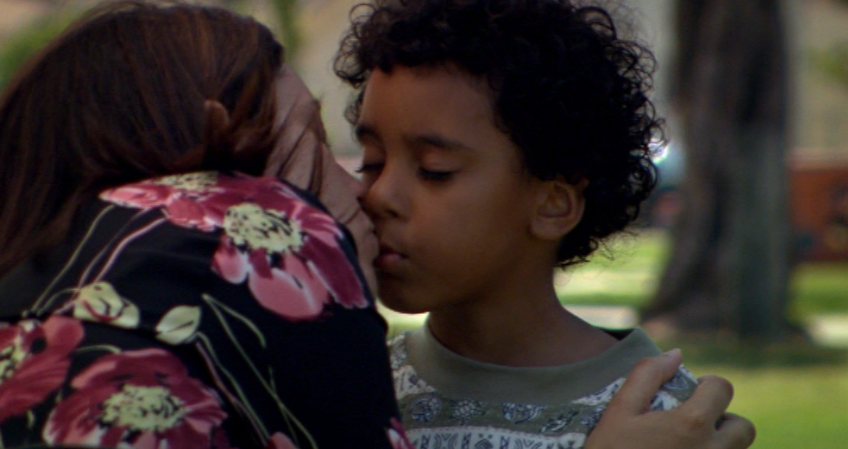Sincerity is almost always associated with goodness. A sincere person is understood to be earnest, honest, and straightforward. It is assumed he or she will not lie, cheat, or steal; he or she has pride, integrity, and a strong moral compass.
A person may routinely sign letters and e-mails with the closing Sincerely, followed by his or her name, suggesting that he or she truly, genuinely means whatever preceded this salutation: you can believe this person, you can have faith in this person. More often than not, however, this is bullshit. But what other choice do you have?
Sincerity is contingent upon intimacy and vulnerability. Since we humans seem inherently anxious and fearful of intimacy and vulnerability more than almost anything else, how can any of us claim to be as sincere as often as we do? We certainly want to have faith in others and for this to be reciprocal. But our behavior tends to fall somewhere on a spectrum between carelessness and corruption, which naturally makes us skeptical, and furthermore, cynical. And skepticism (cynicism even more so) makes us feel bad about ourselves and those around us. So we pretend that we’re not cynical, not even skeptical, and that we are at least working on trying to be sincere.
Those of us working on trying to be sincere recognize that we can no longer claim we are actually doing so. Therefore, we have replaced Sincerely with Best Regards or All the Best. In more metropolitan demographics, this is frequently shortened simply to Best. Once the salutation is reduced to this single word, can the person claim to be working on trying any longer? It could be argued that this person has merely acknowledged the ridiculousness of this fruitless effort. Best as a salutation marks the point at which a person realizes the absurdity of working on trying to convey sincerity in the form of formalities.
Yet people so often attempt to convey sincerity in the form of formalities. There are endless codes and signifiers attached to this practice. Many people subscribe to the Jadakiss/J. Lo model of ‘realness’ when it comes to what it means to be sincere. Artists these days regularly propose that shabby chic materials can be equated with realness. Lately, poets have been attributing a lack of proper grammar and syntax, as well as a forced frankness about compromising exploits, to realness. Filmmakers use shaky cameras to communicate a sense of urgency, which in turn, communicates a sense of realness.

Francis Lawrence. Jenny from the Block, 2002 (music video still). © Jennifer Lopez, Jadakiss, Styles P, Francis Lawrence.
These cultural contributors are not working on trying. They are working, though; they are trying, too. They’re trying to work on giving audiences something understandable. This was the original function of the Sincerely salutation. People wanted to believe other folks. Again, if someone says he or she can be believed, what immediate reason does the other person have not to believe him or her? Should we all preemptively adopt a collective “trust must be earned” mentality? This type of global mentality could easily beget a potentially harmful stasis.
When encountering a painting or a sculpture composed of found materials, one can presume some personal experience or intimate relationship is for the artist connected to these materials—more so than, say, oil paint or aluminum. Finding purposefully incorporated typos throughout a chapbook, a reader can be comforted in the fact that even a published writer with a master’s degree might be negligent with personal or professional correspondence. And of course, it is exhilarating to feel as though one is within a scene of a film, as the image jitters and jolts with unfolding events. In more critical individuals, however, these codes and signifiers are so effective that they instill a sense of skepticism, and cynicism.
On one hand, people want to believe, but they need proof. On the other hand, people have innate desires to take risks, to simply have faith. Some believe in heaven. Some believe in Las Vegas. Is religion more sincere of an act than poker? What yields the better reward? It is impossible to say.
Ultimately, sincerity is tied to goodness about as much as religion or poker is tied to goodness. Like anything else, sincerity is relative. Perhaps people can only be as sincere as their surrounding peers and environment will allow them to be. But then again, who needs permission to do anything?







